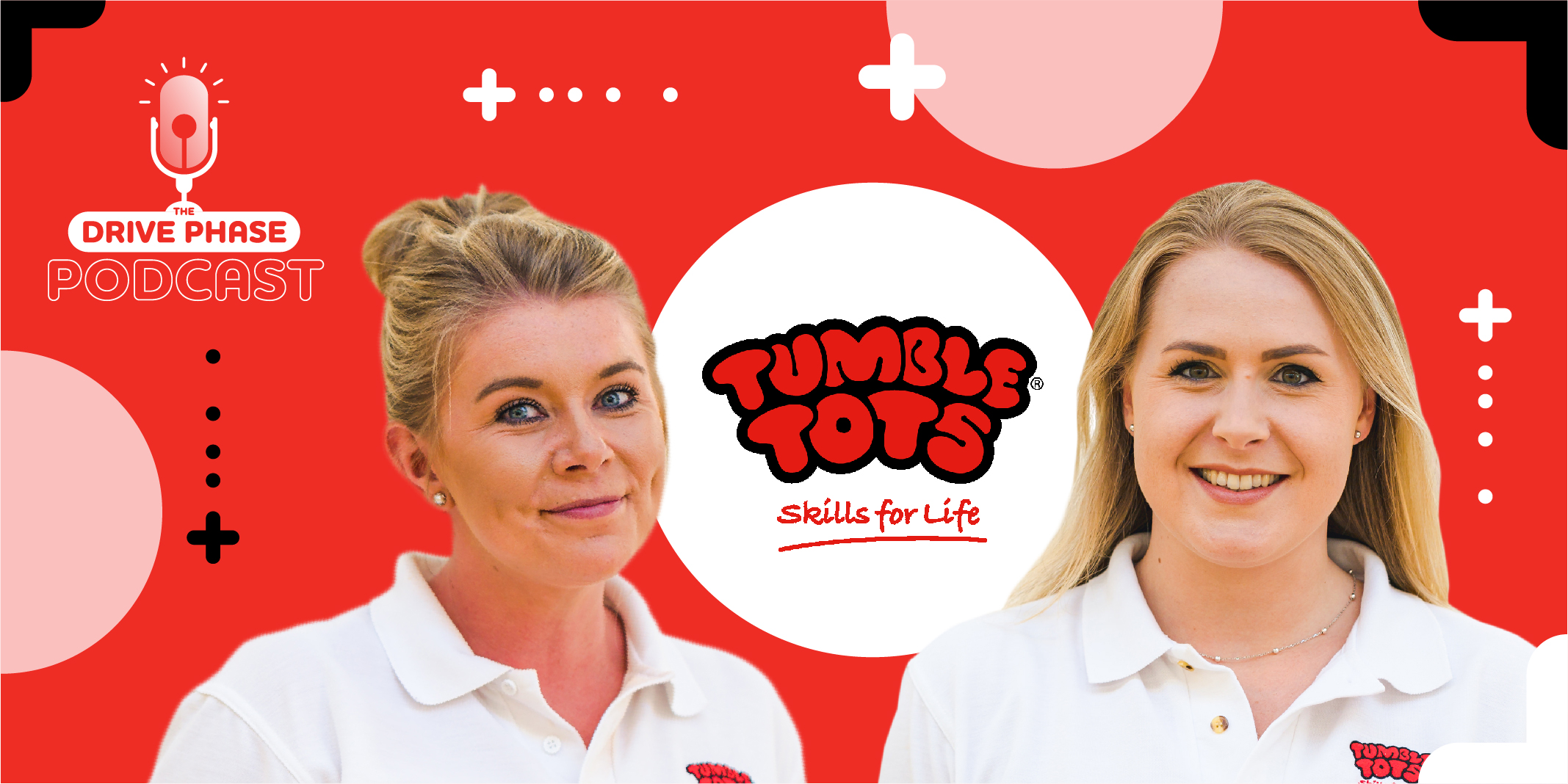Sports coaching companies play a vital role in supporting play and sport. Your organisation offers services that enhance physical education, promote active lifestyles, and contribute to children’s overall development. On The Drive Phase, host James Moore explored how organisations like yours are at the forefront of shaping opportunities for children and young people.
Here are six ways that activities companies can support schools in play and sport:
1. Providing curriculum support
Sports coaching companies provide specialised support for schools’ physical education curriculum. Your coaches deliver high-quality PE lessons, whilst creating an environment of ideas and opportunities that children can use in their free play. This approach not only improves the quality of PE but it also helps schools maximise the impact of their Sport and PE funding.
2. Offering extra-curricular activities
Offering extra-curricular clubs and activities allows children and schools to extend physical activity opportunities beyond regular school hours. This can include after-school clubs but also any activity programme on or off the school site, allowing children to explore different activities and develop new skills.
After-school clubs and activities programmes provide a valuable service to parents and help children maintain an active lifestyle. Before research showed the importance of physical activity for cognitive and social development, Tumble Tots, an activities company established in 1979, set a strong foundation for play and activity for children.

Charlotte Bedford, Technical Director at Tumble Tots, added:
“We’ve got different generations now coming to Tumble Tots. Parents wanting to take part and stay active with their children for just 45 minutes has a massive impact on children as they grow and develop. We know that when children start primary school, they’re more likely to do other sporting activities or playfully enjoy physical activity.”
3. Supporting parents with holiday camps
During school breaks, sports coaching companies often organise holiday camps. These camps keep children active and engaged when school is not in session, providing a fun and structured environment for physical activity.
Sports companies may find that offering free play within their sports programmes offers children the opportunity to hone skills outside of that structure. Children create bonds and lifelong friendships and find interest in activities that become hobbies well into adulthood.
4. Encouraging professional development for teachers
Sports coaching specialists can offer Continuing Professional Development (CPD) for teachers. This training helps educators enhance their skills in delivering PE lessons, ensuring that the benefits of expert coaching extend beyond the presence of external coaches.
Supporting CPD is one of the key areas that encourage children and young people to continue their activity into adulthood and in their free time. A well-trained teacher can deliver PE lessons that inspire children and young people. This can translate into hobbies and even professions based on those positive memories.
5. Adopting a child-first approach
Progressive sports coaching companies should adopt a ‘child-first’ approach to coaching. This philosophy prioritises children’s enjoyment and personal development over competitive outcomes, aiming to build a grassroots movement that increases and improves child-centred coaching in communities.
Street Games became a charity in 2005, and as they developed their efforts to prioritise not only physical activity but health, they went into social prescribing for children and young people. Using local GP services, Street Games forwarded the idea that young people could be treated with physical activity and social contact as a form of medicine.

Mark Lawrie, CEO of StreetGames, added:
“We’re leading a pilot in social prescribing with the guidance available for it now. We’re trying to get that out to as many different communities as we can to help link workers, connect with young people and find positive things to help them with their physical and mental health.”
6. Developing specialised programmes
Some coaching companies offer specialised programs that combine physical activity with academic subjects. For example, “Maths on the Move” uses physically active learning to enhance children’s confidence and attainment in mathematics.
Cycling is a specialised programme that can create similarly positive academic outcomes. Adding cycling programmes in school goes a long way to reducing carbon footprints and improving physical activity levels. Nearly 50% of children aged 5 to 10 own a bike, and regular journeys to school can encourage greater use of their bikes in their free time.

Bikeability Executive Director Emily Cherry added:
“I’m not going to stop until it is a statutory requirement…Our work with Sustrans found that 72% of parents want their children in psychomotor school, and I think it’s 87% of children who think that Bikeability should be on the curriculum…The number one thing that’s stopping parents and children is…road traffic and the perception of safety. And we can absolutely do a lot to improve that.”
By partnering with sports coaching companies, schools can significantly enhance their physical education offerings, promote active lifestyles, and contribute to the holistic development of their students. These collaborations ensure that children have access to high-quality sports instruction and diverse physical activities, laying the foundation for lifelong health and wellbeing.
Listen to The Drive Phase today!
To find out more about how these organisations and Coordinate Sport are forging a new future for young people and children, listen to The Drive Phase Podcast.








